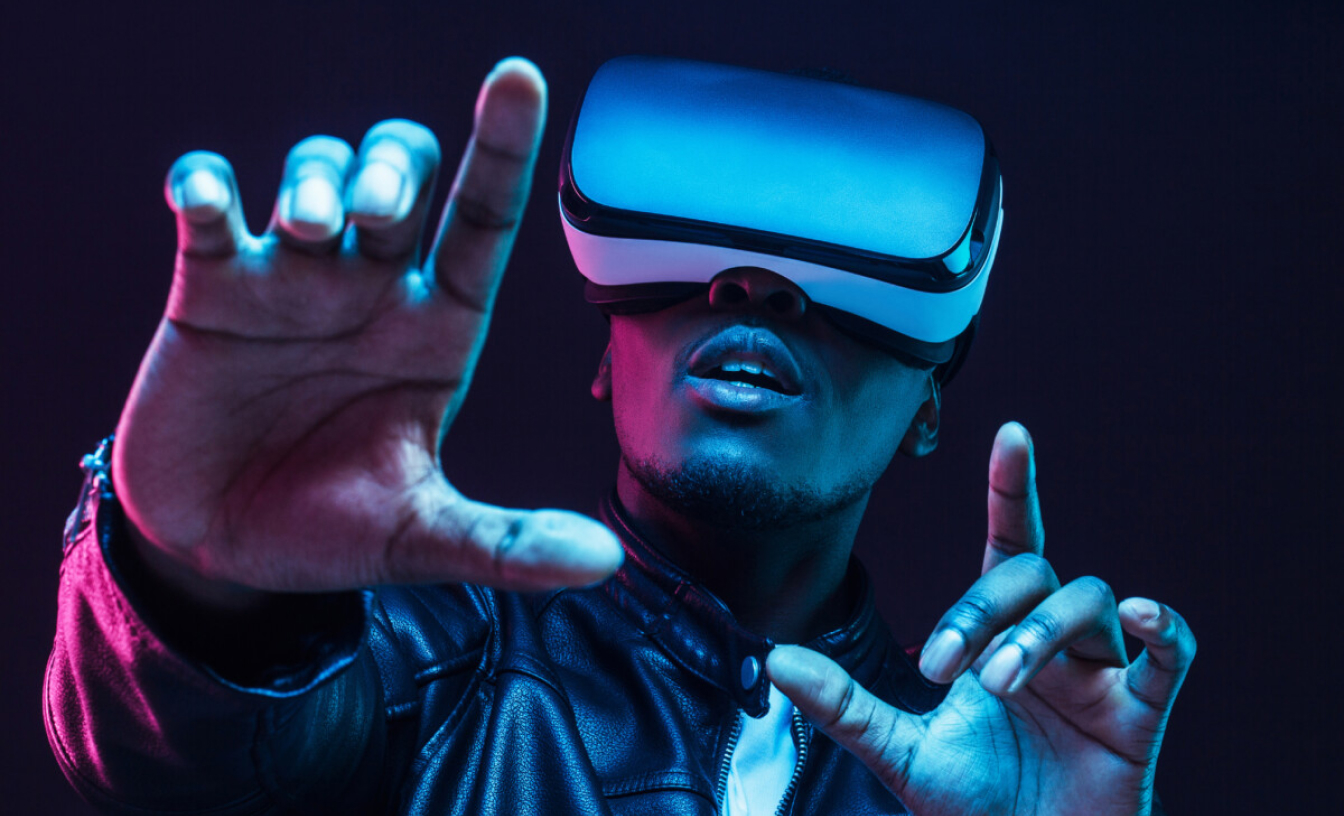How the Metaverse, NFTs, and Social Audio will Shape the Future of Music
- 7 min read
- Mar 4, 2024

There’s a lot of buzz surrounding the Metaverse, NFTs, and Social audio right now. It’s just proper for us to address how these technologies affect the future of music.
Without a record contract, artists were going nowhere beyond their space in the past, and album sales were more critical to their success. Now, it’s about the number of streams and downloads. We’ve almost forgotten that time, as the music industry is now entirely different from what it was decades back. We are now in the age of technology, and as scary as this might appear for creators, we’ve fully embraced the change.
Technology can change the entire scene again and make things work for musicians and their fanbase. Ticketing may also experience changes since more systems are built on the Blockchain to aid cryptocurrency and NFT deals.
We are now shifting from the days of streams and downloads to the era of the Metaverse, Social Audios, and NFTs. Recently, Mark Zuckerberg announced that the name of Facebook will now be changed officially to Meta to signal their desire to build a novel system surrounding the “metaverse.”
To be precise, Meta will emerge as the parent company of Instagram and Facebook. The project aimed to address adverse events such as data leaks, broken systems, election fraud, etc. The Metaverse will create untapped avenues for its developers and Facebook itself.
Facebook has played (and is still playing) a huge role in building and introducing the social tools that artists have come to rely on. Whether you think it is true or not, Meta will significantly influence the up-and-coming developments in the music industry.
The Metaverse, NFTs and the music industry
The most concise description is that NFTs are stored on the Blockchain and allow you to verify who once owned and still owns these tokens. A band or artist with a small audience can sell their music and merchandise relying on NFTs and the Blockchain. According to Forbes, the disruptive nature of non-fungible tokens is expected to extend into the music industry.
There’s a possibility for us to see albums, songs, lyrics, music videos, and soundbites released as NFTs. In 2021, we witnessed how King of Leon released their music as NFT, from which they generated $2 million. Same for Grimes, who sold the NFTs of her records for almost $6 million, Ozuna accrued $456,000 in 15 minutes.
If there’s any industry that will embrace NFTs, it’s the music industry. This industry has been looking for an alternative revenue stream due to the lessons of the COVID-19 lockdowns. That’s why increasing numbers of artists and creatives are rushing toward these assets built upon Blockchain technology.
For instance, Opulous is introducing DEFi into the music industry, influencing how musicians get the required funding, and offering a launching pad for the earliest music-copyrighted NFTs. This enables artists to sell NFTs and earn royalties from the sales and acquisitions of various fans.
Snoop Dogg announced in February that Death Row Records would emerge as an NFT label, marking his launch into the Blockchain space that several artists have accepted. He said, “We will be putting out artists through the Metaverse. Just like we broke the industry when we were the first independent to be major, I want to be the first major in the Metaverse.”
Social audio and the next decade of music
The most reckoned audio streaming platform, Spotify, paved the way for Podcasting in 2015. Social audio is likely to experience a surge like other mediums, witnessing an increase in the number of creators.
The market for this industry is more significant than people think, and as some audio enthusiasts have said, “We’re just in the early stages.” Social audio is immersive and much different from the visual space, which should excite anyone to explore the possibilities.
Social Audio’s leverage is that it is easier to create than videos and generates more income for creators. From what we’ve seen, the social audio market will grow in leaps, opening doors to an optimistic future for this form of content as technology improves daily.
If you’re a musician, this is the chance to put your music out to the World. Meta is also expected to release the most engaging apps, and new applications will also come on board. Festivals and musical concerts will hardly experience poor turnouts, and the health and safety of attendees will be guaranteed.
We have detailed how the Metaverse, NFTs, and Social audio will impact the next decade of music. If you are yet to start, this is the time to position yourself for the future.



